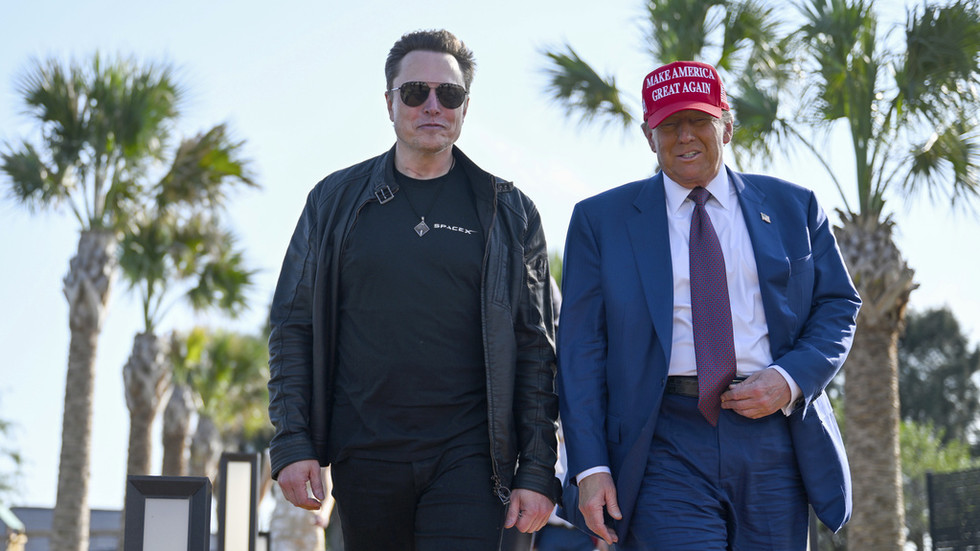In the political landscape of post-election America, the relationship between President-elect Donald Trump and billionaire Elon Musk is transforming the dynamics of power. This alliance is notable not only for its unprecedented nature but also for the potential implications it holds for both Trump’s administration and the broader political environment. The connection between these two figures has evolved from rivalry to an influential partnership, with Musk’s acquisition of Twitter (now X) and subsequent shift towards Republicanism marking a significant turning point. Their camaraderie has been solidified through public endorsements, joint appearances at events, and Musk’s active involvement in advising Trump on various matters, including appointments and foreign affairs, which has resulted in nervousness among Trump’s traditional advisors.
Musk’s emergence as a significant player in American politics has not gone unnoticed; media outlets have even labeled him as the “co-president of the United States.” His self-proclaimed title as “first buddy” highlights his newfound stature within Trump’s circle, characterized by shared experiences and the influence he now wields over policy discussions. Though Musk’s ruthless business acumen is widely acknowledged, his commitment to performing a comprehensive audit of the US government, proposing dramatic cuts in government spending, introduces an element of uncertainty into the political climate. The tension created by Musk’s presence is palpable, signaling a shift that some find troubling while others view as a unique opportunity for political disruption.
The range of opinions surrounding Trump’s leadership style only adds to the complexities of this situation. While some perceive him as a weak leader easily influenced by those around him, others see the potential for autocratic tendencies as he navigates his inner circle. Musk stands out as a prominent figure in this group, but he is not the only influential voice. Trump’s family, particularly Donald Trump Jr., plays a critical role in shaping the administration’s direction and connections, suggesting that while Musk may have significant sway, the Trump family’s input cannot be overlooked.
Furthermore, the involvement of wealthy Wall Street figures in Trump’s circle has created additional layers of political entanglement. Trump appears willing to compromise some of his traditional conservative values to accommodate these individuals, as evidenced by his proposal of liberal figures for key positions in his administration. Musk has attempted to promote allies for various roles as well, signaling that his influence is tempered by other competing interests. Therefore, while Musk’s role is substantial, it exists within a broader network of influences that shape the administration’s direction.
The unpredictable nature of both Trump and Musk raises questions about the longevity and stability of their partnership. Historical patterns suggest that Trump can be quick to sever ties with those close to him, posing potential risks for Musk as their interests may diverge in key areas, including electric vehicle policies and fiscal strategies. As each maintains their distinctive and often volatile personality traits, the interaction between their divergent priorities introduces a layer of uncertainty into their collaborative forces.
As this intriguing political drama unfolds, observers are keen to witness how this alliance will navigate the complexities of governance and public perception. With both figures contributing to a dynamic yet unpredictable environment, the spectacle offers significance that extends beyond mere political maneuvering. The tensions, alliances, and evolving narratives within the Trump-Musk partnership underscore a critical moment in American politics, warranting careful observation and analysis as it continues to develop.

